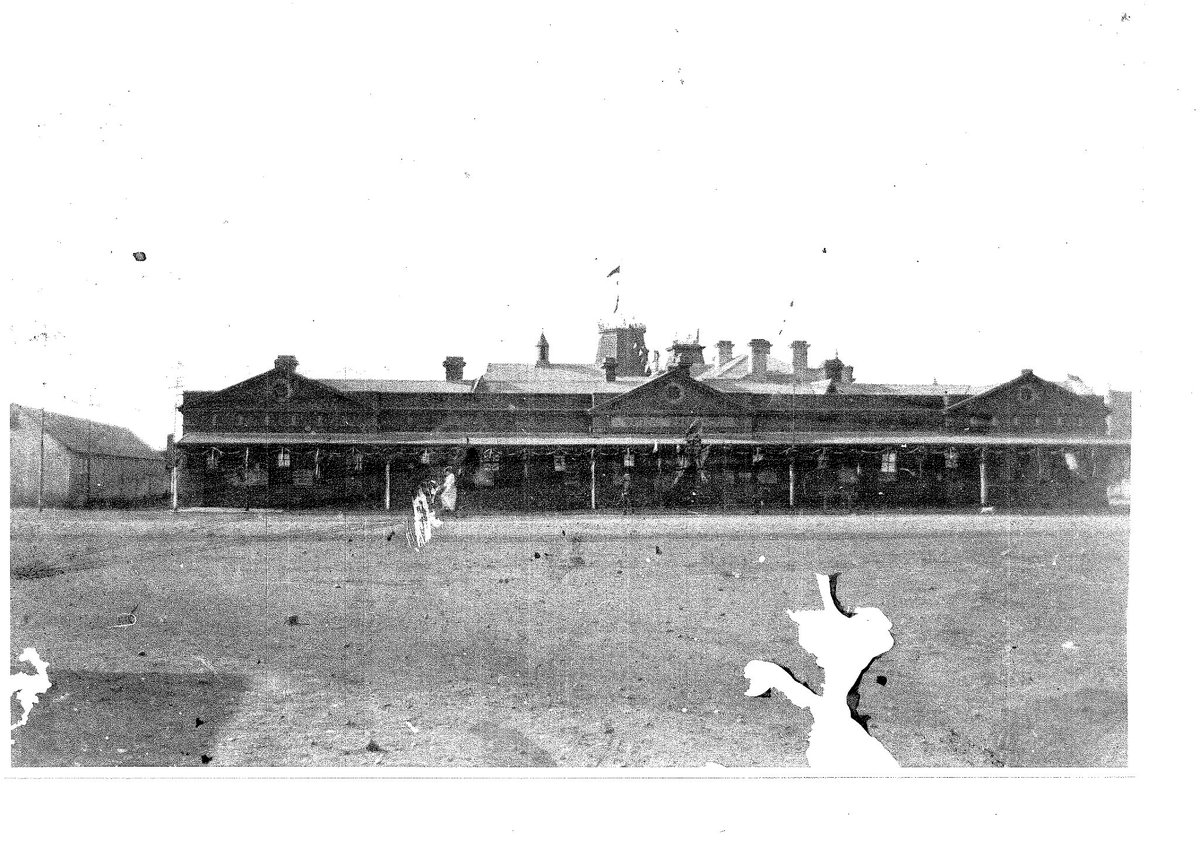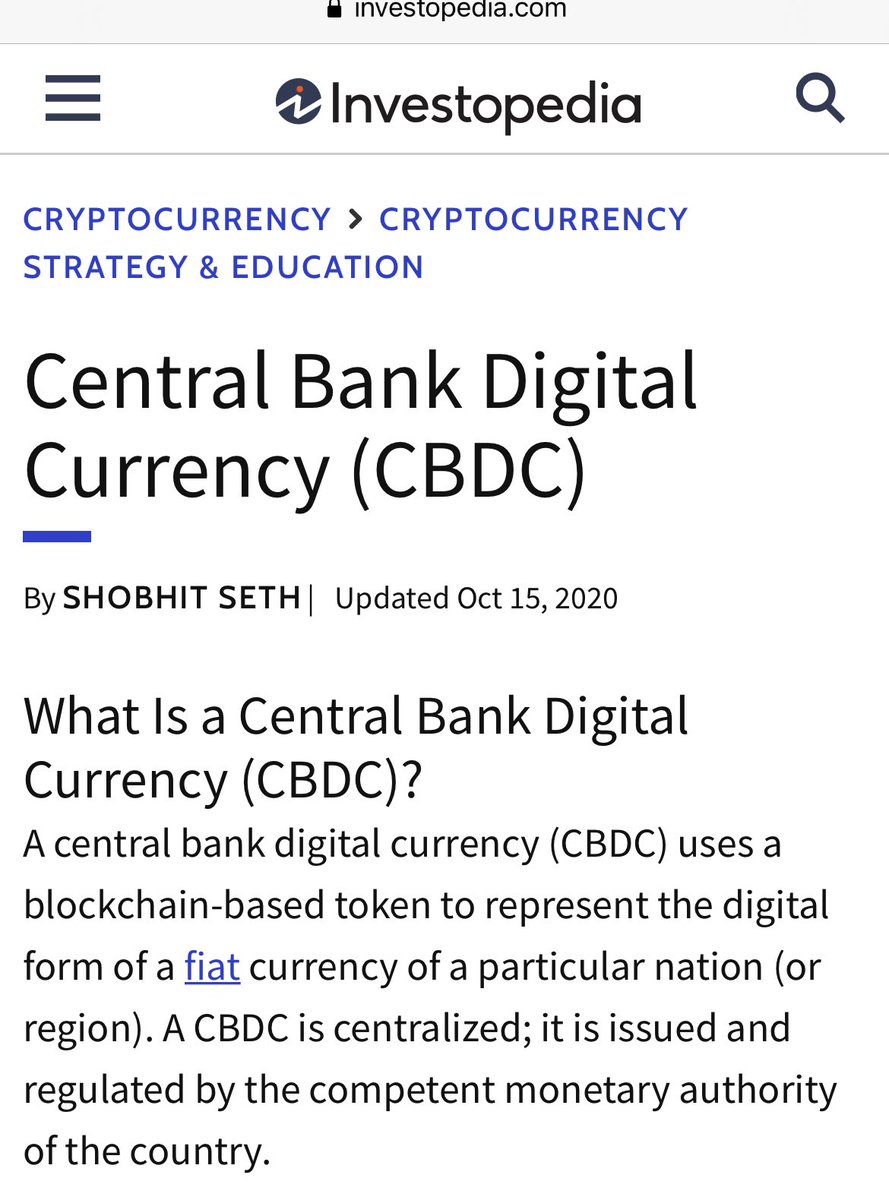
Good morning all. Someone once said early birds catch the worm! So we start early. Our day will be like this.
We start on a historical note about how Stock Markets started. We then look at my career path & investment journey. And last how you can start yours
We start on a historical note about how Stock Markets started. We then look at my career path & investment journey. And last how you can start yours
Its an honour to be on this platform to talk about a subject that most pple on Twitter know me for. To those not in the know, my Twitter handle @kudzie_sharara probably talks more about the subject of the day than any other subject. I am talking about the Stock Market @ZSE_ZW
The idea of trading goods dates back to the earliest civilizations. Early businesses would combine their funds to take ships across the sea to other countries. These transactions were either implemented by trading groups or individuals for thousands of years.
Throughout the Middle Ages, merchants assembled in the middle of a town to exchange and trade goods from countries worldwide. Since these merchants were from different countries, it was necessary to establish a money exchange, so trading transactions were fair.
Early stocks were handwritten on sheets of paper, and investors traded these stocks with other investors in coffee shops. In other words, coffee shops were the first real stock markets due to the fact that investors would visit these markets to buy and sell stocks.
Antwerp or Belgium today, became the center for international trade by the end of the 1400s. It’s thought that some merchants would buy goods at a specific price anticipating the price would rise so they could make a profit.
For people who needed to borrow funds, wealthy merchants would lend money at high rates. These merchants would then sell the bonds backed by these loans and pay interest to the other people who purchased them.
Though Stock markets now exist in most countries, the first appeared in 17th century Amsterdam. That was in 1611. The Dutch East India Company is the first publicly traded company. To raise capital, the company decided to sell stock and pay dividends of the shares to investors.
Late 1700s a small group of merchants made the Buttonwood Tree Agreement. The men meet daily to buy and sell stocks and bonds, a practice that eventually comes to form the New York Stock Exchange. The NYSE is the largest stock exchange in the world.
At this point, other countries began creating similar companies, and buying shares of stock was all the rage for investors. The excitement blinded most investors and they bought into any company that began available without investigating the organization.
This resulted in financial instability, and eventually, in 1720, investors became fearful and tried to sell all their shares in a hurry. No one was buying, however, so the market crashed.
Stock market crashes are an unavoidable side effect of any market where public attitudes play a role. Stock market crashes are by nature preceded by speculative economic bubbles.A stock market crash can occur when speculations are stretched far beyond the actual value of a stock.
The first biggest crash was the Black Thursday of 1929, which was followed by Black Monday and Black Tuesday. During this crash, the Dow Jones Industrial Average lost 50% of its value, sending America and much of the world into a deep economic depression and wiping out billions.
Other major stock market crashes include:
•Stock Market Crash of 1973-1974
•Black Monday of 1987
•Dot-com Bubble of 2000
•Stock Market Crash of 2008
•Stock Market Crash of 1973-1974
•Black Monday of 1987
•Dot-com Bubble of 2000
•Stock Market Crash of 2008
Next we will look at the history of the @ZSE_ZW
• • •
Missing some Tweet in this thread? You can try to
force a refresh







